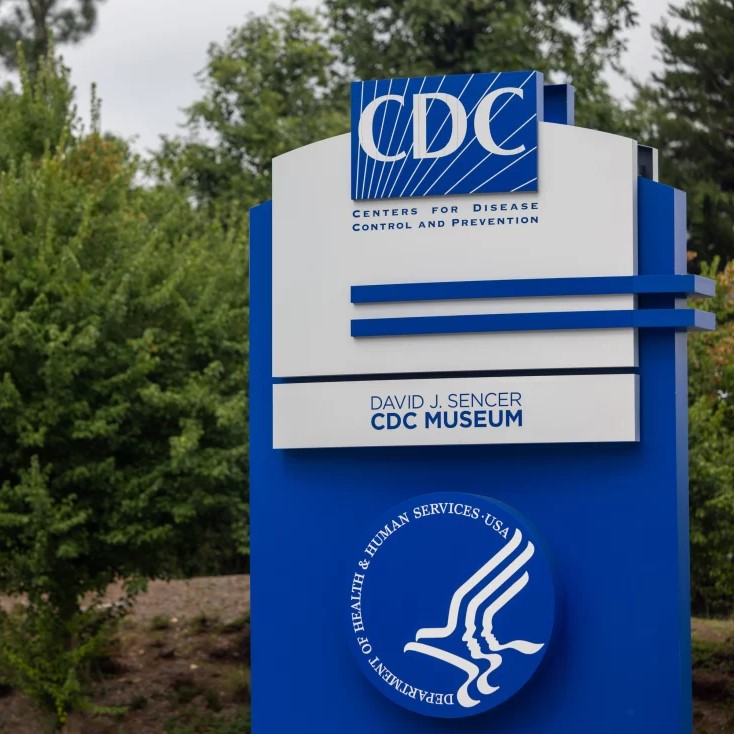
In a shocking move, the Centers for Disease Control and Prevention (CDC) has been instructed to cease all communication with the World Health Organization (WHO), effective immediately. This sudden halt in collaboration has left many in the global health community wondering about the potential consequences for world health.
A Critical Partnership
The CDC and WHO have long been partners in the fight against infectious diseases, sharing critical information, coordinating responses to outbreaks, and collaborating on research initiatives. This partnership has been instrumental in combating global health threats, such as Ebola, SARS, and influenza. The CDC’s expertise in epidemiology, laboratory science, and disease surveillance has been invaluable to WHO’s efforts to promote global health security.
Consequences of the Communication Halt
The sudden disruption of this partnership could have far-reaching consequences for global health. Some potential implications include:
1. Delayed Response to Outbreaks: Without direct communication, the CDC and WHO may not be able to coordinate responses to emerging health threats in a timely manner, potentially leading to delayed or inadequate responses.
2. Loss of Critical Information Sharing: The CDC’s expertise in disease surveillance and epidemiology is crucial to informing WHO’s global health policies. Without this information, WHO may not be able to develop effective strategies to combat emerging health threats.
3. Disruption of Research Initiatives: Collaborative research initiatives between the CDC and WHO may be put on hold, potentially delaying the development of new treatments, vaccines, and diagnostic tools.
4. Erosion of Global Health Security: The CDC-WHO partnership has been a cornerstone of global health security. Without it, the world may become more vulnerable to infectious disease threats.
What’s Next?
As the global health community navigates this new reality, it is essential to consider alternative mechanisms for collaboration and information sharing. Some possible solutions include:
1. Establishing Alternative Communication Channels: The CDC and WHO may need to establish new communication channels to ensure the continued sharing of critical information.
2. Engaging Other Global Health Partners: Other global health organizations, such as the Bill and Melinda Gates Foundation, may need to play a more significant role in facilitating collaboration and information sharing.
3. Developing New Research Initiatives: The CDC and WHO may need to develop new research initiatives that do not rely on direct collaboration.
The halt in communication between the CDC and WHO has significant implications for global health. It is essential to find alternative mechanisms for collaboration and information sharing to ensure that the world remains prepared to respond to emerging health threats.





